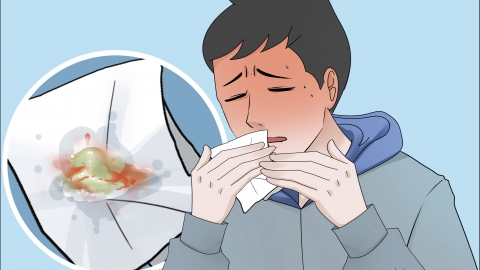What fruits should be avoided in mycoplasma pneumonia?
Generally, patients with mycoplasma pneumonia need to be cautious when choosing fruits. Fruits to avoid include watermelon, durian, mango, lychee, and persimmon. Detailed explanations are as follows:

1. Watermelon
Watermelon is cold in nature and may worsen gastrointestinal discomfort and impair digestive function. Consuming cold-natured fruits may increase the burden on the gastrointestinal system in patients with mycoplasma pneumonia, thereby affecting recovery.
2. Durian
Durian is warm in nature and may increase internal heat. Consuming warm-natured fruits may hinder the resolution of inflammation in patients with mycoplasma pneumonia and could worsen symptoms such as coughing and fever.
3. Mango
Mango is a fruit that commonly causes allergic reactions and may be harmful to the kidneys, potentially affecting the body's detoxification function. If a patient with mycoplasma pneumonia is allergic to mango, consuming it may trigger an allergic reaction and worsen the condition.
4. Lychee
Lychee has a high sugar content, and excessive consumption may lead to blood sugar fluctuations, affecting immunity. Consuming high-sugar fruits may increase the viscosity of phlegm in patients with mycoplasma pneumonia, making it harder to expel phlegm.
5. Persimmon
Some components in persimmon may interact with medications used to treat mycoplasma pneumonia. Consuming persimmon may affect drug efficacy, reduce treatment effectiveness, and delay recovery.
In addition, patients with mycoplasma pneumonia should avoid eating spicy, greasy, and irritating foods to prevent excessive heat production and phlegm formation. At the same time, patients should drink warm water appropriately, maintain a light and easily digestible diet to enhance immunity.







